2023 APCCMPD Annual Conference
Thursday, March 9, 2023
All Times are in PACIFIC Time Zone
GENERAL SESSIONS // THURSDAY, MARCH 9, 2023
|
| SESSION TIME / TITLE |
SESSION DESCRIPTION |
8:00 AM - 8:05 AM (PST)
Welcome and Introductions
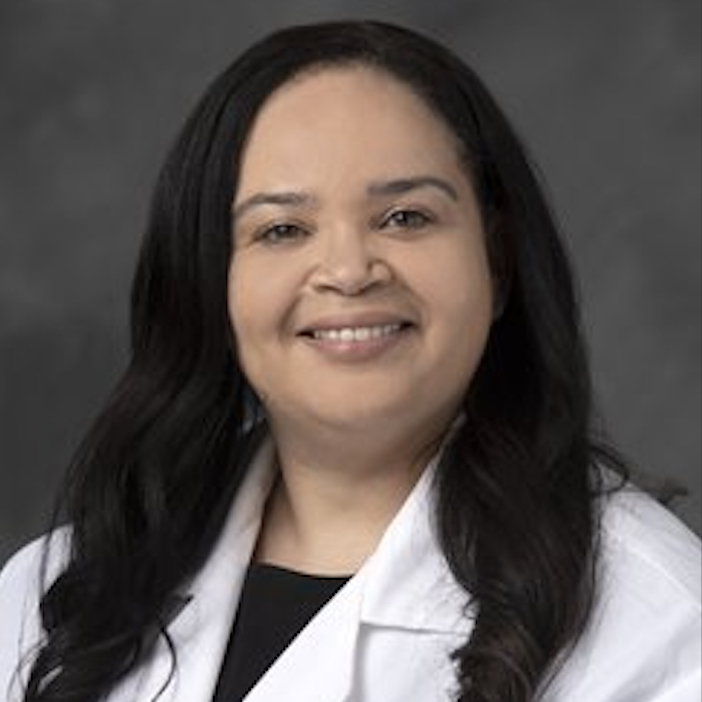
Geneva Tatem, MD |
|
8:05 AM - 8:20 AM (PST)
National GME Policy Updates

Geneva Tatem, MD |
The APCCMPD monitors national policies and regulations that impact GME at the fellowship level. Learn about new policy changes and issues the APCCMPD has responded to. |
8:25 AM - 9:20 AM (PST)
ACGME Update
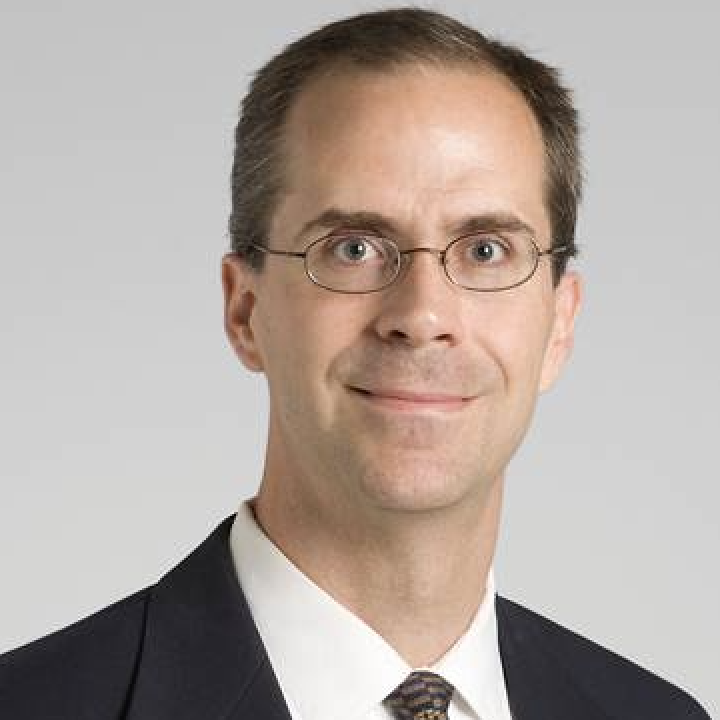
Rendell Ashton, MD |
Updates from the ACGME Internal Medicine Review Committee.
Session objectives:
At the conclusion of this session participants should be better able to:
1. Recognize trends in accreditation related to IM and PCCM.
2. Hear updates for IM and PCCM from ACGME.
|
9:25 AM - 10:25 AM (PST)
Keynote Address
Race-Based Corrections in Pulmonary Medicine: An Historical Perspective

Lundy Braun, PhD |
This session will demonstrate the historical origins of the notion that Black lungs differed from white lungs. It will show how this notion became embedded in scientific studies over time, ultimately becoming a racialized correction factor.
Session objectives:
At the conclusion of this session participants should be better able to:
1. Describe the origins of the ideas that Black lungs differ from white lungs innately.
2. Explore the naturalization of human difference.
3. Examine how the idea of difference became embedded in a correction factor.
4. Reflect on contemporary dilemmas in eliminating a correction factor.
|
10:45 AM - 11:05 AM (PST)
Navigating Bias in Fellowship Recruitment
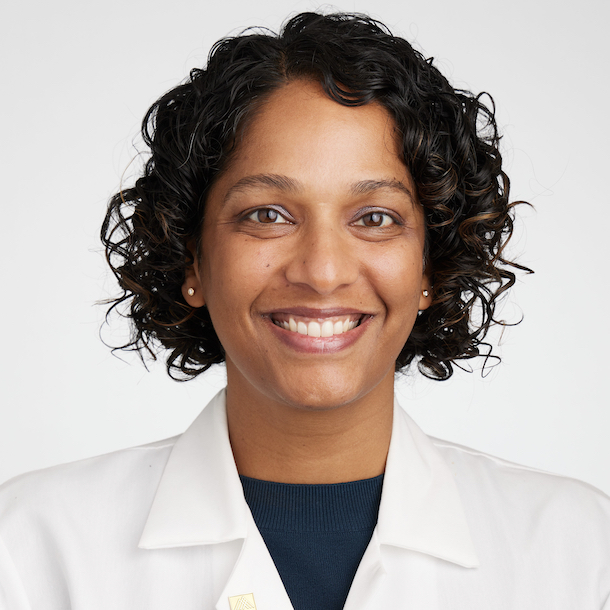
Mirna Mohanraj, MD
|
The goal of this session is to encourage self-reflection about one’s personal biases and their relationship to fellowship recruitment.
Session objectives:
At the conclusion of this session participants should be better able to:
1. Acknowledge that bias is inherent in residency recruitment and video conference interviews (VCIs).
2. Verbalize the impact of stereotyping and personal bias on fellowship recruitment.
3. Compare varied biases inherent to fellowship recruitment and video conference interviews (VCIs) and learn strategies to manage biases. |
|
11:10 AM - 11:30 AM (PST)
Expanding Your Leadership Toolkit with Design Thinking
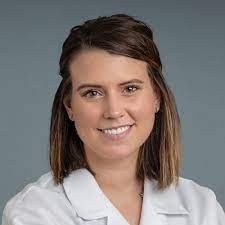 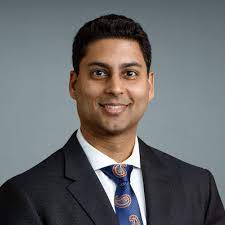
Allison Greco, MD; Deepak Pradhan, MD, MHPE
|
Design thinking is a framework frequently employed in the business and technology industries to help creatively solve complex problems. Its core principles include creativity, multidisciplinary teamwork, rapid prototyping, and tolerance of failure. In this interactive workshop, we introduce the concept of design thinking and its applications in medicine with a focus on medical education. Participants will form breakout groups to identify a common problem encountered within their home institutions. The groups will then learn and use the five steps of the design thinking process - empathizing, defining the problem, brainstorming, prototyping, and testing and feedback to brainstorm innovative solutions. Groups will utilize skills such as empathy mapping, storyboarding, and 5 Why’s to create prototypes of their innovations using craft supplies. The session culminates with a showcase of the groups' prototypes, and a debrief. The skills learned in this workshop can apply to curriculum development, quality improvement, research, and administrative leadership.
Session objectives:
At the conclusion of this session participants should be better able to:
1. Describe the concept of design thinking and its applications in medical education.
2. Describe and perform the core steps of the design thinking process.
3. Strategize ways to incorporate design thinking methodologies at their home institutions.
|
11:35 AM - 11:45 AM (PST)
2023 APCCMPD Award for Novel Fellowship Education Implementation
Innovative E-Learning Based Curriculum in Non-Invasive Ventilation for Pulmonary and Critical Care Fellows
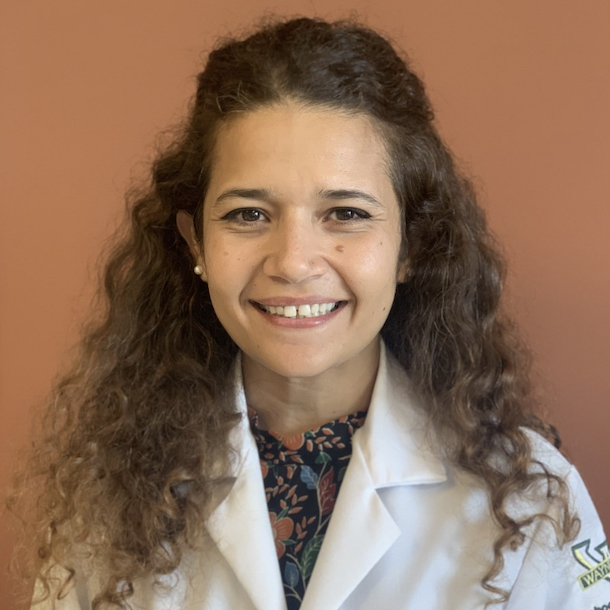
Asil Daoud, MD |
The growing evidence on the importance of non-invasive ventilation use highlighted the need to develop a standardized NIV education and training to develop advanced operator skills. To the best of our knowledge, there is no standardized curriculum to master NIV use in the settings of ICU and outpatient pulmonary medicine. E-learning, using E-simulation of different clinical scenarios, was used for easier implementation, adaptability and reproducibility.
Session objectives:
At the conclusion of this session participants should be better able to:
1. Highlight the need for standardized curriculum for mastery in non-invasive ventilation.
2. Implement the educational curriculum on non-invasive ventilation in different clinical settings.
3. Utilize benefits of E-learning using online simulation and clinical scenarios, including easy implementation and reproducibility. |
11:50 AM - 12:00 PM (PST)
2023 APCCMPD Award for Novel Fellowship Education Implementation
A Near-Peer Coaching Program for First-Year Fellows in the Intensive Care Unit

Christopher Ghiathi, MD |
This presentation will provide an overview of the near-peer coaching program we piloted in the medical intensive care unit at the University of Pennsylvania. The goal of this session is to demonstrate the value of near-peer coaching for PCCM fellows.This presentation will provide an overview of the near-peer coaching program we piloted in the medical intensive care unit at the University of Pennsylvania. The goal of this session is to demonstrate the value of near-peer coaching for PCCM fellows.
Session objectives:
At the conclusion of this session participants should be better able to:
1. Outline the creation and pilot of a near-peer coaching initiation for fellows in the intensive care unit.
2. Share the perspectives of both first-year and upper-year fellows who have participated in the program.
|
12:05 PM - 12:10 PM (PST)
General Session Wrap-up and Breakout Orientation

Geneva Tatem, MD |
|
BREAKOUT SESSIONS // THURSDAY, MARCH 9, 2023
|
|
1:15 PM - 2:15 PM (PST)
2:20 PM - 3:20 PM (PST)
Breakout Session: Rounds 1 & 2, Breakout 1
Gamification in PCCM Education
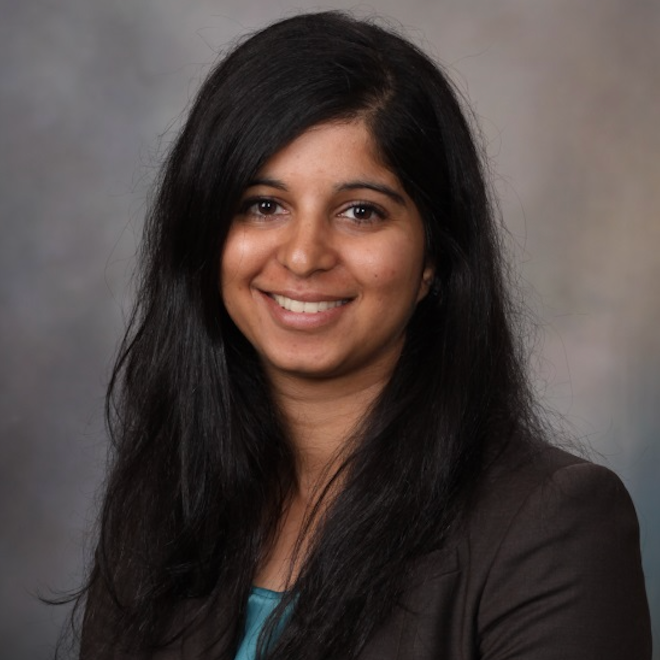 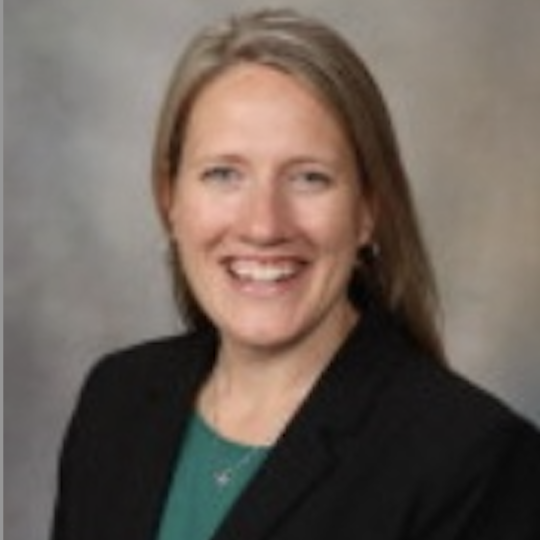
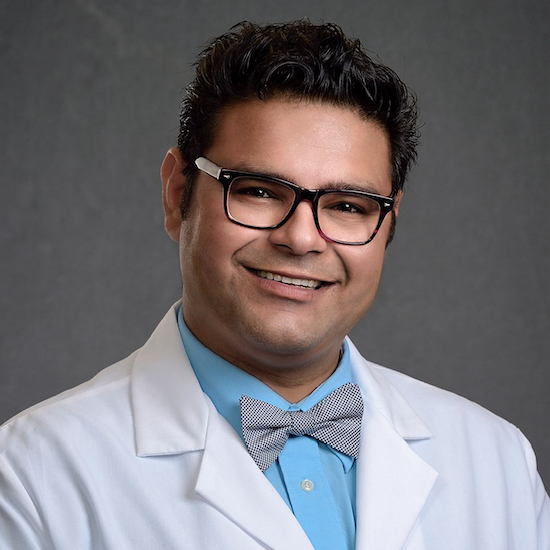 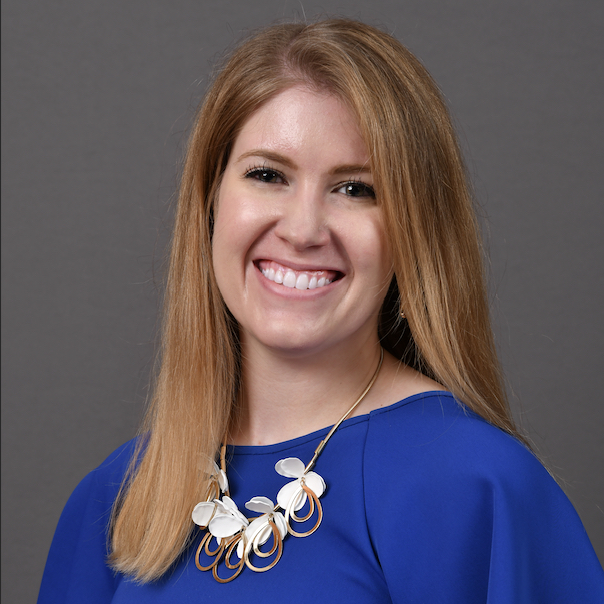
Diana Kelm, MD; Darlene Nelson, MD, MHPE; Viren Kaul, MD; Jenn Duke, MD
|
“Gamification” is the application of the characteristics and benefits of games to real world processes or problems. Gamification in medical education has the ability to provide an active learning environment in which students can gain experience solving clinical problems without risk to patients. This novel approach can support learning by engaging students and providing motivation through the use of feedback/rewards and embedded reasoning skills. A systematic review on gamification in health profession education suggests that gamification is at least as effective as traditional classrooms and, in many studies, more effective for improving knowledge, skills, and satisfaction. In this session we will review current gamification theory and discuss implementation of available education game platforms like Jeopardy templates and Kahoots!, as well as innovative uses of escape rooms and simulation games.
Session objectives:
At the conclusion of this session participants should be better able to:
1. Review current literature of gamification theory and implementation.
2. Describe novel examples of gamification in medical education.
3. Discuss strategies to incorporate games into program curriculum and potential barriers that may arise. |
|
1:15 PM - 2:15 PM (PST)
2:20 PM - 3:20 PM (PST)
Breakout Session: Rounds 1 & 2, Breakout 2
Bite-Sized Upstander Training: How to Launch High-Yield Training in Smaller Sessions
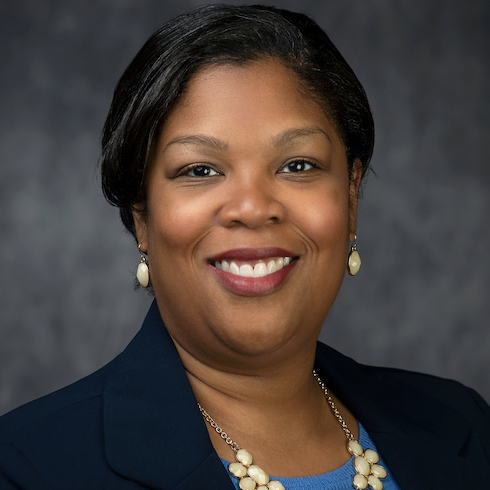 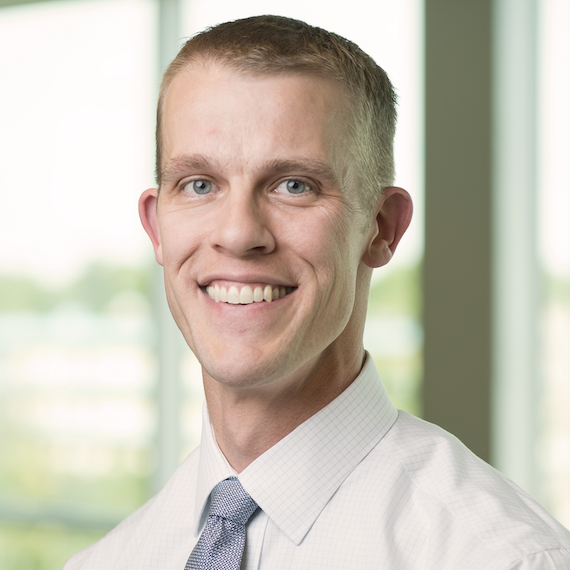
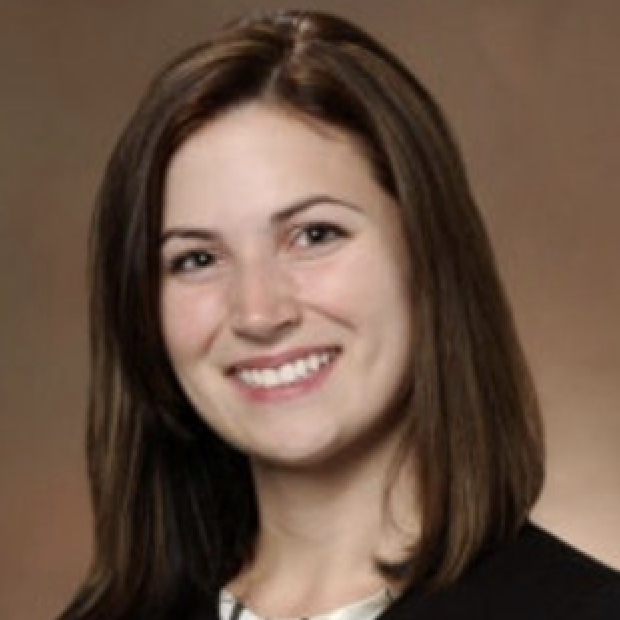 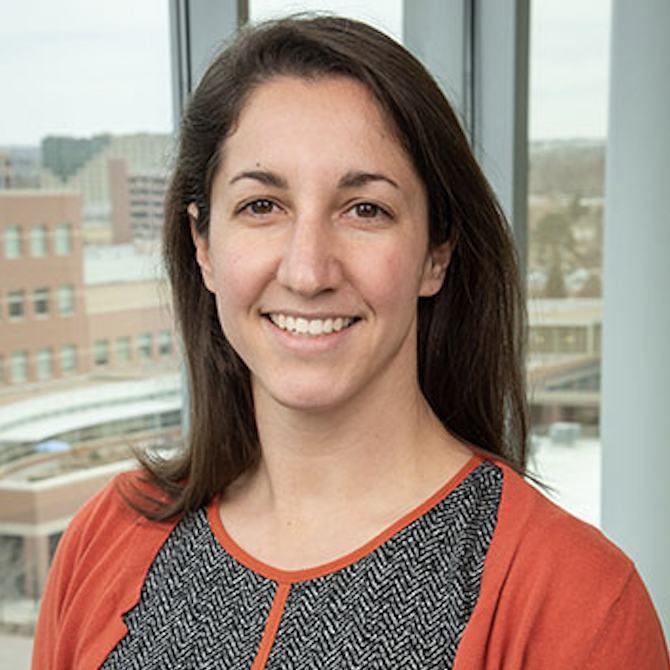
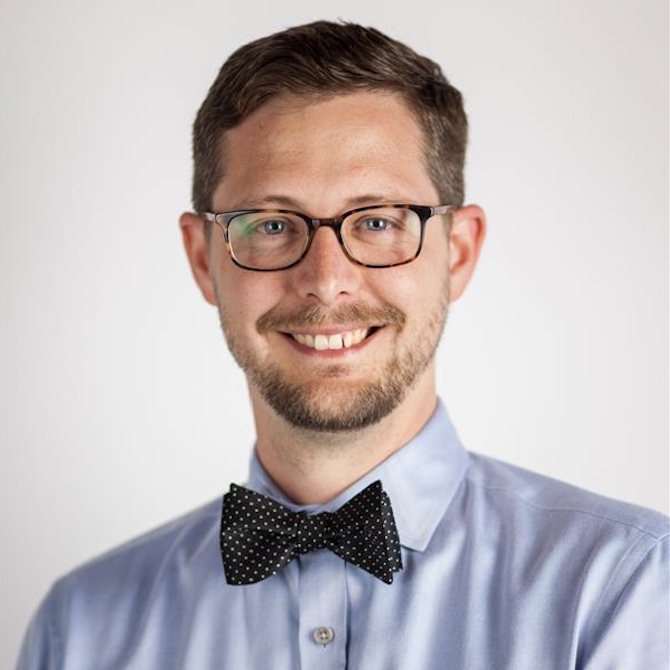
Cheryl Loudd; Tristan Huie, MD; Anna Neumeier, MD; Melissa New, MD; Trevor Steinbach, MD
|
Upstanding is a fundamental practice to allyship, a skill that must be practiced and developed amongst fellows and faculty. Barriers to this practice and training include perceived lack of expertise, and the perception that an Upstander Training must be a larger, multi-unit effort that takes several hours to be successful. The goal of this session is to demonstrate how Upstander Training can be effectively implemented on a smaller scale in forums such as Grand Rounds, educational sessions, or smaller gatherings using a Train-the-Trainer model. Participants who complete the workshop will have strategies and curricular scripts to help them formulate Upstander Response Training.
Session objectives:
At the conclusion of this session participants should be better able to:
1. Recognize racism, discrimination, and microaggressions that occur in the clinical setting.
2. Identify appropriate mitigation strategies in response to racism, discrimination, and microaggressions.
3. Apply curricular strategies to incorporate upstanding as one of many practices to promote an inclusive learning environment.
|
|
1:15 PM - 2:15 PM (PST)
2:20 PM - 3:20 PM (PST)
Breakout Session: Rounds 1 & 2, Breakout 3
Promoting Interprofessional Teaching in the ICU
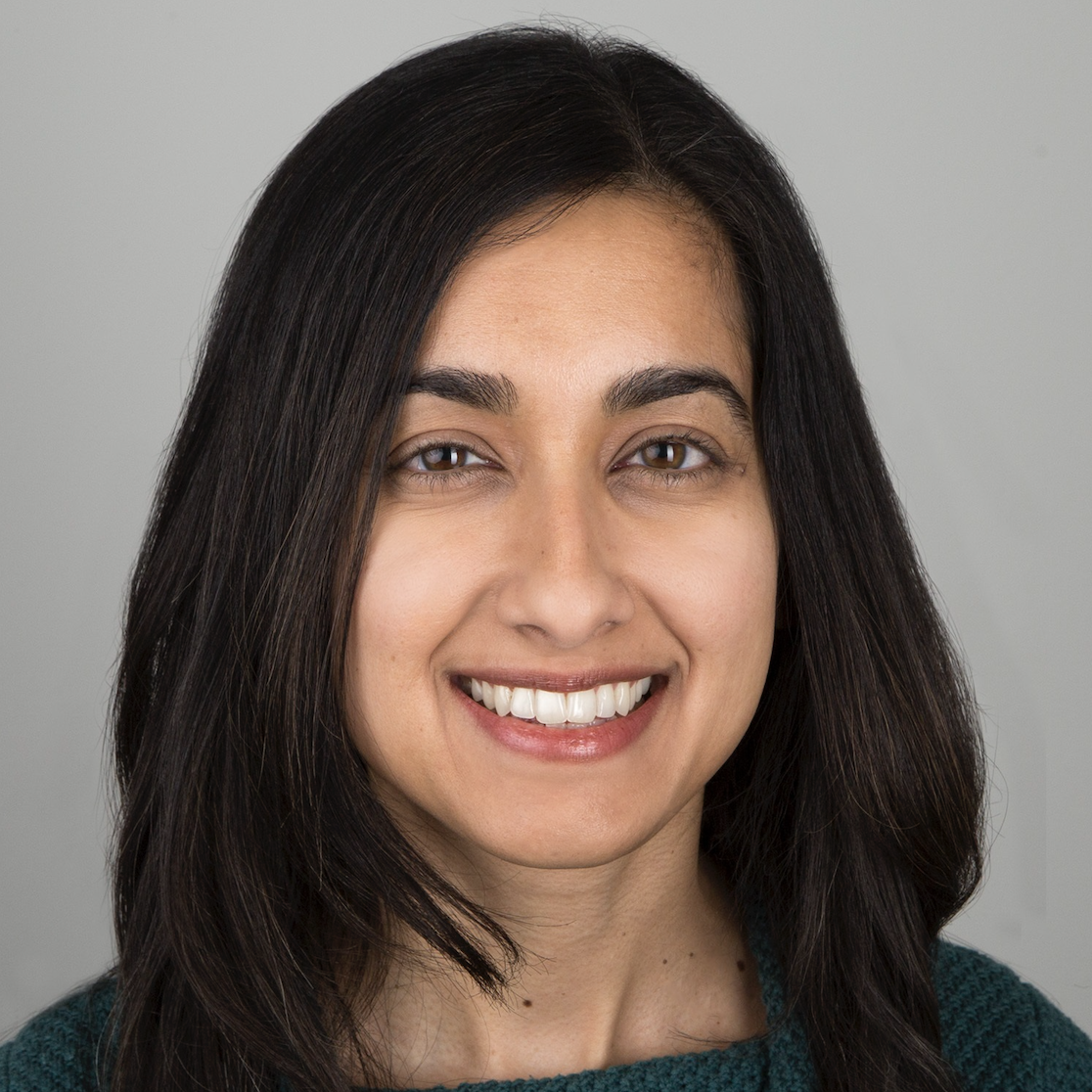 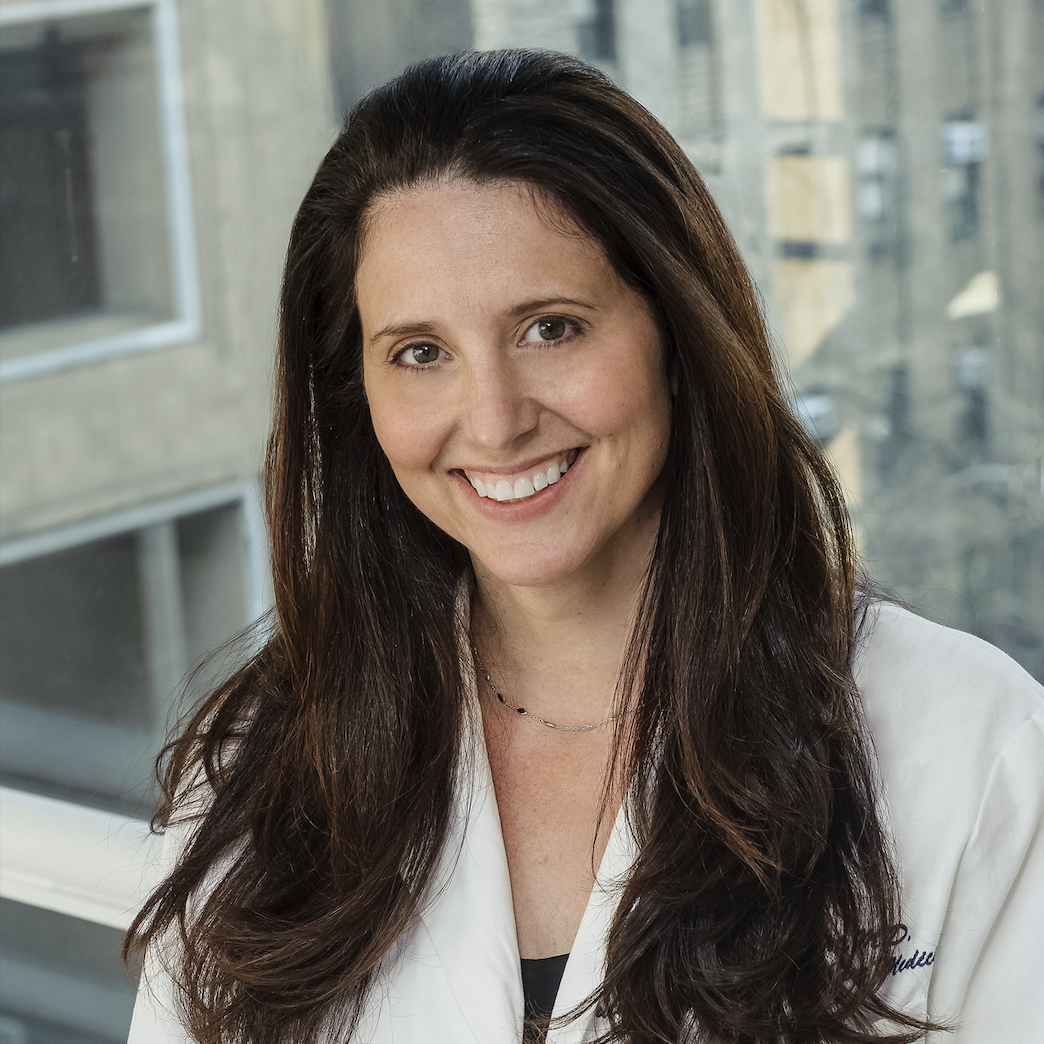
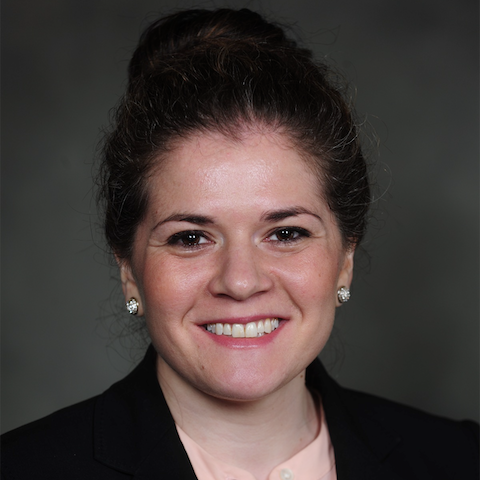
Asha Anandaiah, MD; Kristin M. Burkart, MD, MSc; Camlle Petri, MD
|
This session will focus on strategies to promote interprofessional teaching in the intensive care unit. We will present a brief overview of the literature supporting the importance of interprofessional teams and discuss approaches to creating an environment conducive to collaborative teaching. Through video portrayals (created for APCCMPDScholars) of common teaching and learning scenarios that occur during ICU rounds , we will explore opportunities for teaching by various team members, such as nurses, respiratory therapists, and pharmacists. In addition, through interactive discussion, the group will identify specific strategies to address common challenges and avoid potential pitfalls related to interprofessional teaching. Finally, we will demonstrate how APCCMPD members can use these videos to teach faculty and fellows about this important topic.
Session objectives:
At the conclusion of this session participants should be better able to:
1. Develop strategies to create an educational environment that promotes interprofessional teaching in the ICU.
2. Practice formulating questions that create focused opportunities for teaching by interdisciplinary team members while maintaining rounds efficiency.
3. Leverage videos available on APCCMPDScholars for faculty and/or fellow development about interprofessional teaching.
|
3:35 PM - 4:35 PM (PST)
4:40 PM - 5:40 PM (PST)
Breakout Session: Rounds 3 & 4, Breakout 4
Making the Connection: How to Convey Your Program’s Culture to Applicants in a Virtual Environment
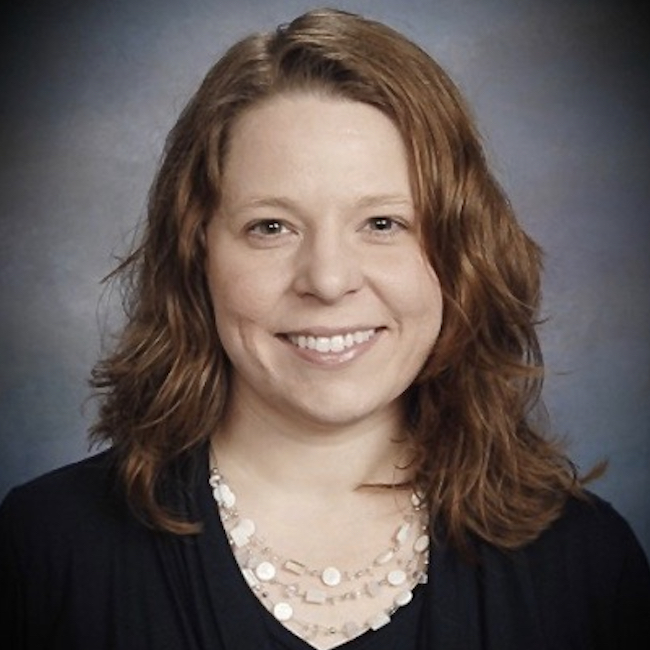 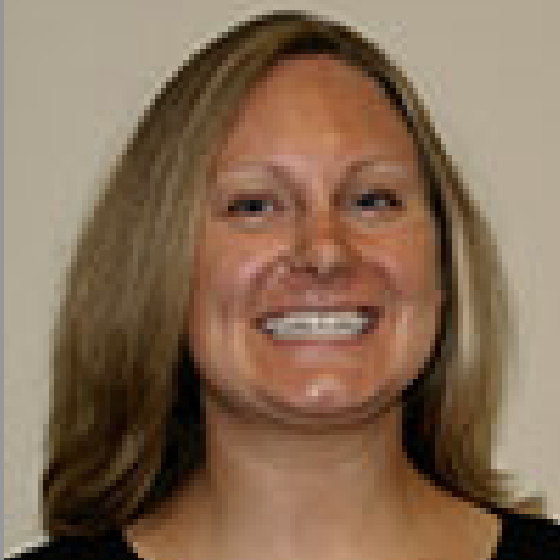
Laura Hinkle, MD, ATSF; Keriann Van Nostrand, MD |
It has become apparent that virtual interviews are here to stay. While they offer many benefits for both programs and applicants, a frequently cited disadvantage is the difficulty experienced by applicants in gauging the culture of a program and determining if it is a good fit for them. This session will outline techniques for giving applicants a sense of your program’s culture in the virtual environment and will include interactive discussion among attendees about identified barriers and strategies for success in this area.
Session objectives:
At the conclusion of this session participants should be better able to:
1. Develop strategies for conveying their program’s culture to applicants virtually during the interview day.
2. Identify barriers to successful conveyance of their program’s culture in the virtual setting and how to overcome them.
3. Evaluate potential avenues for conveying their program’s culture via social media to engage with applicants even before the interview day.
|
3:35 PM - 4:35 PM (PST)
4:40 PM - 5:40 PM (PST)
Breakout Session: Rounds 3 & 4, Breakout 5
The ACGME Self-Study: An Opportunity Not a Threat!
 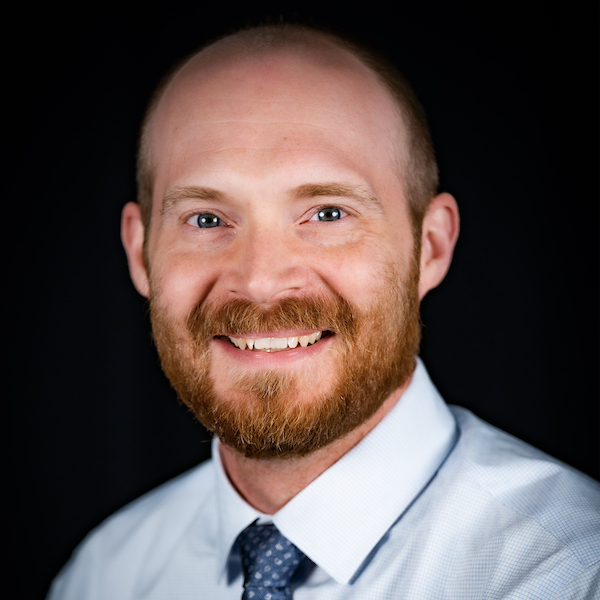
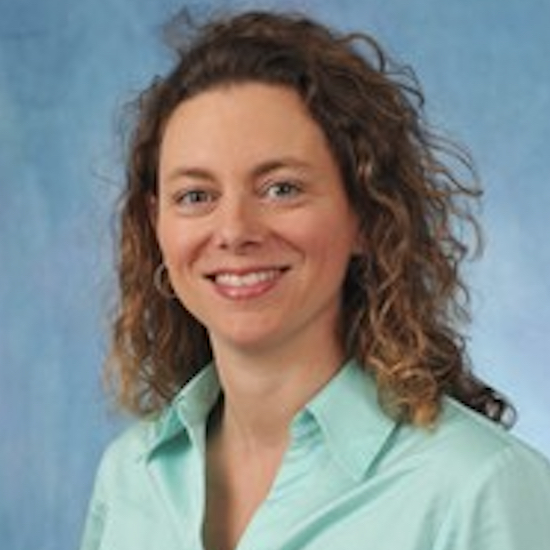 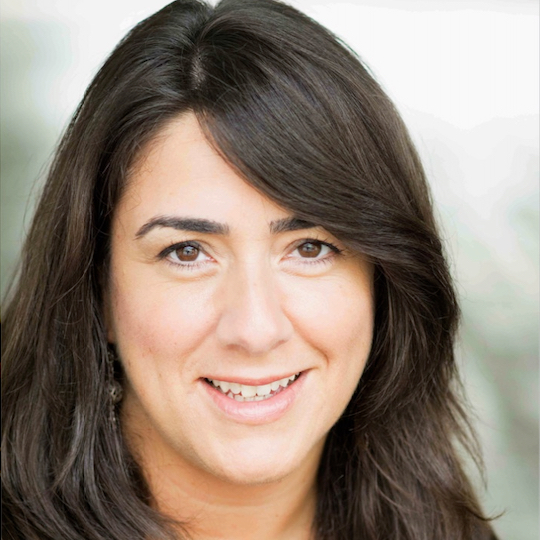
Tristan Huie, MD; Matthew C. Miles, MD, MEd, FCCP; Ashley G. Henderson, MD; Başak Çoruh, MD
|
The ACGME Self-Study is a process intended to help programs improve by performing a comprehensive and longitudinal self-assessment. The requirement for Self-Study was delayed due to the pandemic but was planned to resume in 2022. In this workshop, programs who have performed a Self-Study will report on successes and challenges they faced and offer advice. Small group discussions will examine the process of developing program aims, performing a SWOT analysis, developing tools for longitudinal assessment, and practical tips for successful implementation. Attendees will leave the session with an initial plan to perform a Self Study for their own fellowship.
Session objectives:
At the conclusion of this session participants should be better able to:
1. Describe the requirements of the ACGME Self-Study process.
2. Examine useful practices and potential pitfalls in the Self-Study process.
3. Plan an initial approach to conducting their own successful Self-Study.
|
|
3:35 PM - 4:35 PM (PST)
4:40 PM - 5:40 PM (PST)
Breakout Session: Rounds 3 & 4, Breakout 6
Advocacy Across the Spectrum: Harnessing Your Influence and Expertise to Promote Individual Health and Community Well-Being
 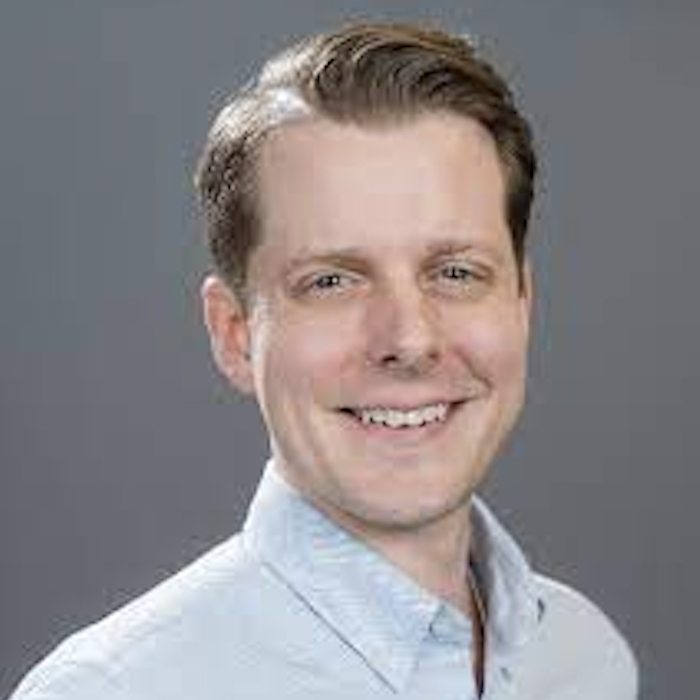
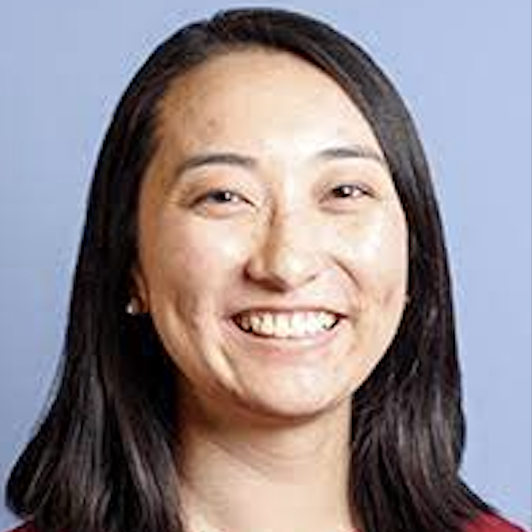 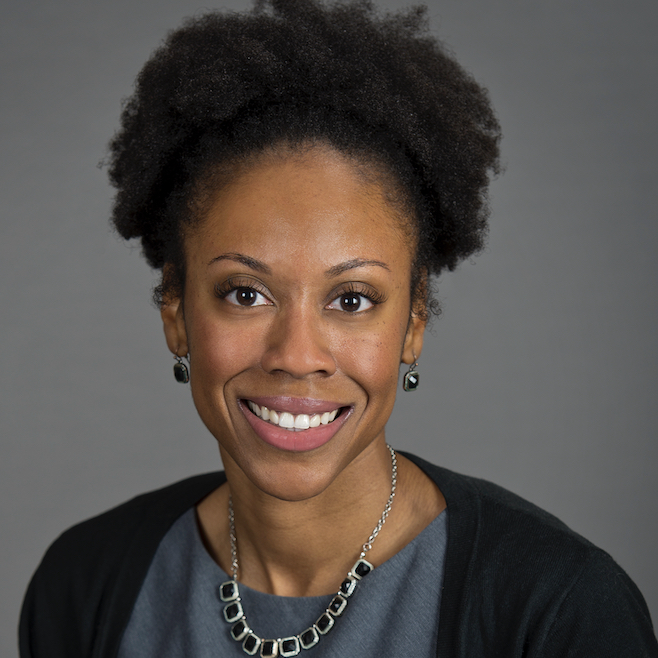
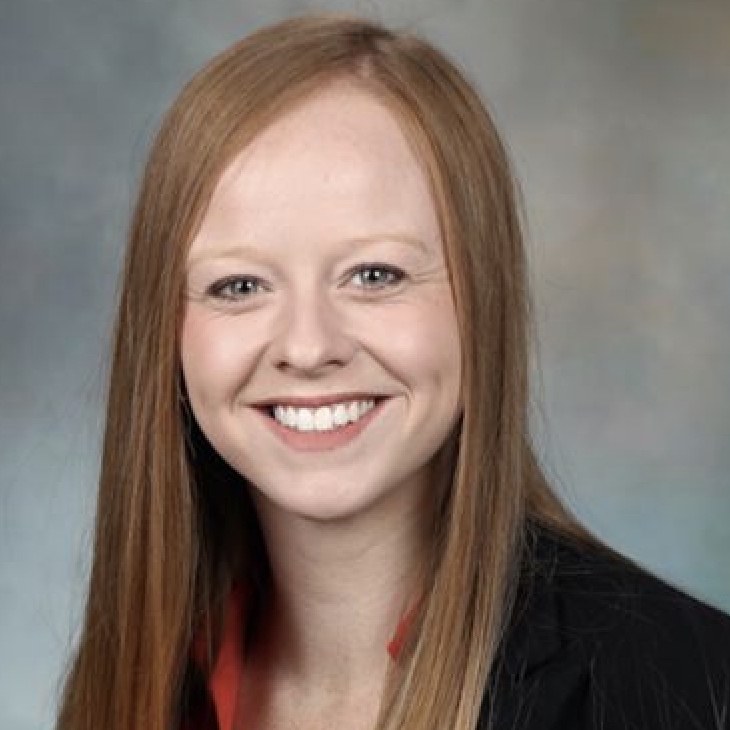
May M. Lee, MD; Joel Burnett, MD; Kathleen Doo, MD, MHPE; Sherie Gause, MD; Kelsi Manley, MD
|
Strong advocacy efforts are necessary to improve persistent problems of unequal health outcomes and structural racism. The AMA calls for physicians to “advocate for social, economic, educational, and political changes that ameliorate suffering and contribute to human well-being.” Competency in advocacy is an ACGME requirement for internal medicine training. Health care practitioners are well-positioned to be agents of change whether we recognize it or not. Many of us are community leaders or hold positions of authority where the ethical compass that guides our patient care can be well-utilized. We can be transformational leaders by making small or large adjustments in our clinical spaces, clinician-educator roles, and broader communities. This session will propagate further interest, awareness, and political activity in combating structural racism and the societal drivers of health disparity on behalf of our patients, our profession, and our society.
Session objectives:
At the conclusion of this session participants should be better able to:
1. Define what advocacy means; introduce Carlisle’s theoretical model on health promotion, advocacy, and health disparities.
2. Illustrate examples of advocacy at different levels: Representation, Community Development, Community Activism and Social Policy Reform.
3. Apply advocacy efforts to one’s practice or program with a focus on teaching advocacy to medical trainees.
|
Friday, March 10, 2023
All Times are in PACIFIC Time Zone
GENERAL SESSIONS // FRIDAY, MARCH 10, 2023
|
| SESSION TIME / TITLE |
SESSION DESCRIPTION |
8:00 AM - 8:20 AM (PST)
Opening Remarks and 2022 APCCMPD Fellowship Benchmarking Survey Results

Geneva Tatem, MD |
For the 11th consecutive year, we are surveying pulmonary, critical care and pulmonary/critical care medicine Program Directors in an effort to provide benchmarks by which they can evaluate their own fellowship.
This survey addresses:
1. Program Characteristics and Leadership
2. ICU Staffing
3. Procedural Training
4. Sleep Training
5. Pulmonary Artery Catheterization Training
6. Fellowship Application and Orientation |
8:25 AM - 9:05 AM (PST)
Medical Education Literature Year-in-Review
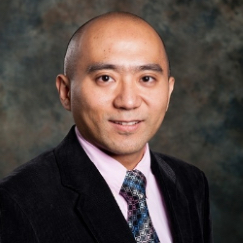
Maximiliano Tamae Kakazu, MD |
This session will review the key medical education literature for pulmonary and critical care educators from the preceding year.
Session objectives:
At the conclusion of this session participants should be better able to:
1. Review methods and conclusions of key publications from 2022 addressing procedural training, simulation, communication and trainee assessment.
2. Discuss areas for additional study and collaboration in the APCCMPD community and beyond. |
9:10 AM - 10:10 AM (PST)
Keynote Address
The Role of Physicians in Advocacy and Activism: How We Train Physicians for a Career That Acknowledges the Importance and Inclusion of Advocacy
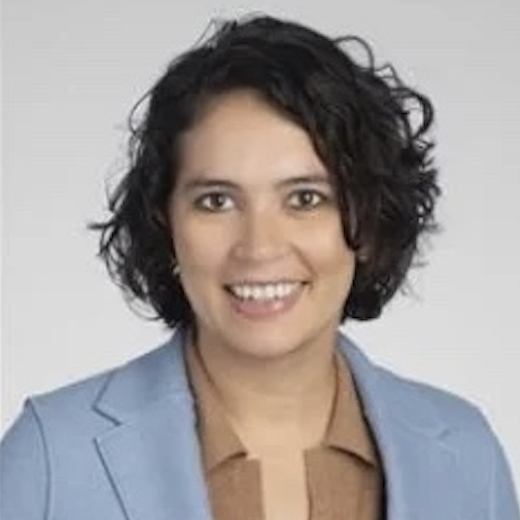
Marcela Azevedo, MD |
As healthcare issues surface within our communities, misinformation and lack of public awareness often leads to political decision making that is inaccurate, inequitable and harms our communities. Physician voices must be represented within the political arena to speak from a place of expertise and advocate for the rights and justice of our patients.
Session objectives:
At the conclusion of this session participants should be better able to:
1. Hear an overview of advocacy and the history of physician activism.
2. Identify the role of physician voices within political and social reform.
3. Create space for advocacy in their practice and teaching.
|
10:30 AM - 10:40 AM (PST)
2023 APCCMPD Annual Fellow Survey Results
Health Disparities Teaching Across the Country: A National Survey

Jenn Duke, MD |
The mission of institutions participating in graduate medical education is to improve the health of the public. In fact, the Accreditation Council for Graduate Medical Education (ACGME) requires programs to educate their trainees on health disparities. Despite this requirement, it is not clear if and how trainees are taught about health disparities or social determinants of health of the populations they serve. We present the results of our national survey of fellow trainees aimed to better understand how programs incorporate health disparities topics into the program's curriculum.
Session objectives:
At the conclusion of this session participants should be better able to:
1. Review the ACGME requirements of pulmonary and critical care programs to educate trainees about health disparities.
2. Recognize how often survey respondents are receiving instruction in health disparities.
3. Describe the most common implementations of health care disparities into education.
4. Discuss implications and future directions of program curriculum development in health disparities.
|
10:45 AM - 11:05 AM (PST)
2023 Outstanding Educator Award Presentation and Lecture
Marijuana Use in Pregnancy, What ‘s the Harm?
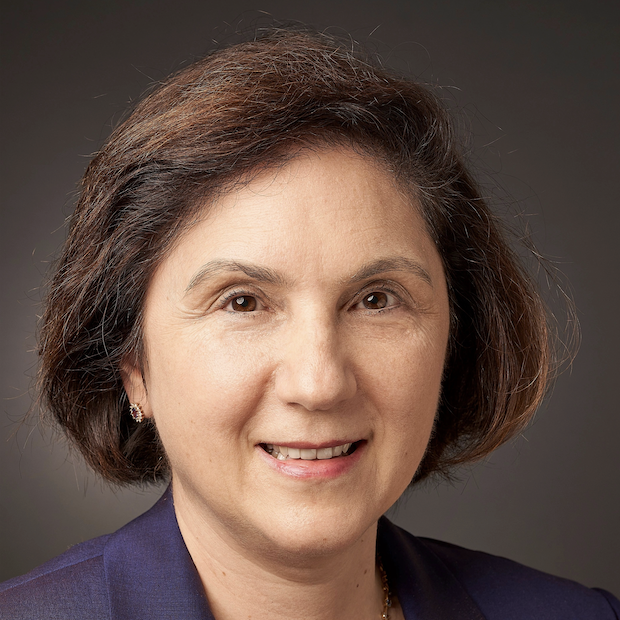
Carolyn D'Ambrosio, MD, MS |
This session will review the data on smoking marijuana and its effects on pregnant patients as well as the fetus, and outcomes in children of parents who smoke marijuana. With the legalization of marijuana in many states, the use of marijuana has increased. Pulmonologists should know the data in this lecture to best advise their patients.
Session objectives:
At the conclusion of this session participants should be better able to:
1. Assess how THC works on the brain, especially in the fetus.
2. Distinguish the risks associated with marijuana smoking to the pregnant patient.
|
|
11:05 AM - 11:10 AM (PST)
2023 Educator Awards Presentation
Mid-Career Educator Award

Mirna Mohanraj, MD
Emerging Educator Award
 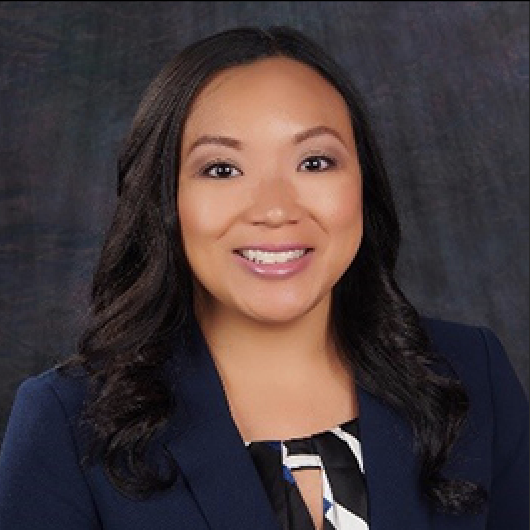
Avraham (Avi) Cooper, MD; Van Holden, MD
|
The Mid-Career Educator Award honors mid-career individuals who are actively engaged in enhancing the practice and profession of pulmonary and/or critical care medicine through education.
The Emerging Educator Award honors up-and-coming clinician-educators for their work in delivering and promoting medical education in pulmonary, critical care, and/or pulmonary/critical care medicine through various means at the local and regional levels.
|
|
11:10 AM - 11:30 AM (PST)
Panel Discussion: Training the Next Generation of Peer Reviewers
Editor Perspective
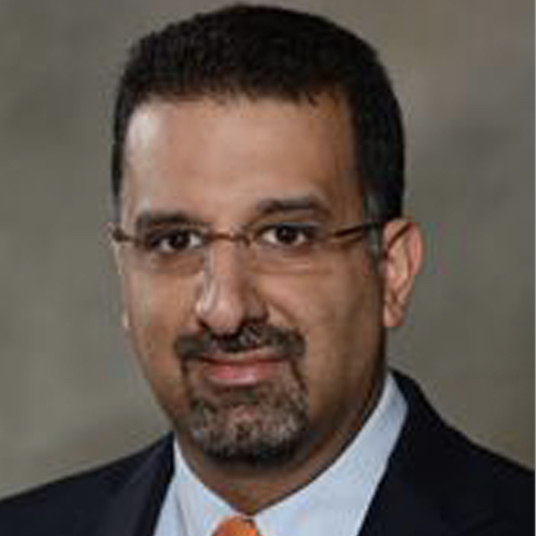
Nitin Seam, MD
Educator Perspective
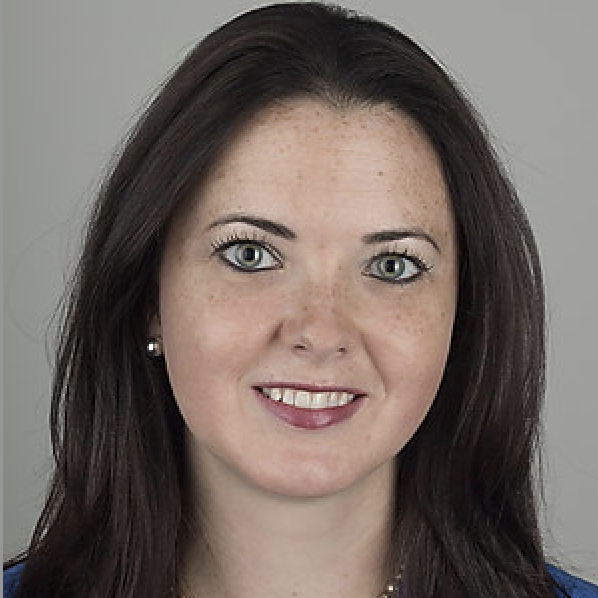
Margaret (Molly) Hayes, MD, ATSF
Program Director Perspective
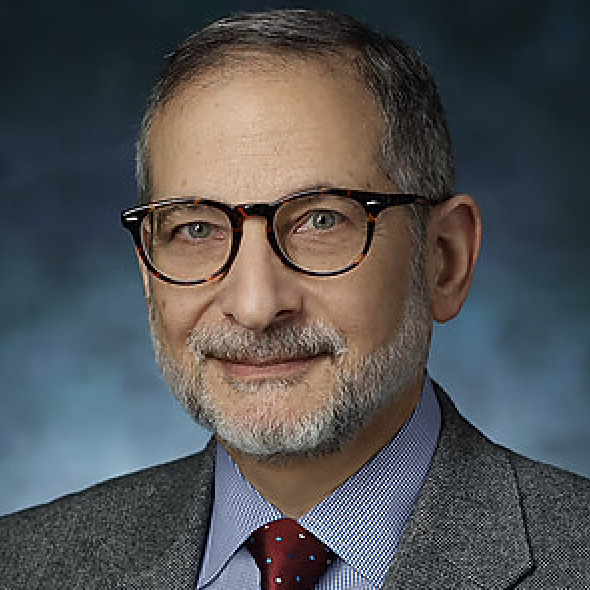
Henry Fessler, MD
Fellow Perspective
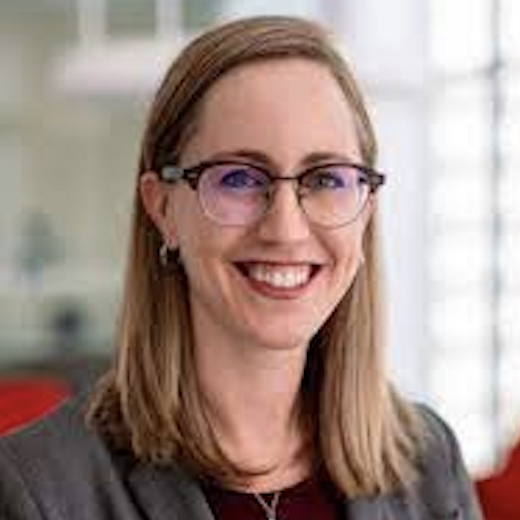
Emily Olson, MD
|
Reviewing a paper is an important skill for an academic physician, but takes deliberative practice and feedback to acquire. Fellowship provides an opportunity to build peer review skills as a key aspect of scholarship development. This session will review why and how fellows should get involved in the peer review process and how to integrate peer review experience into fellowship training.
Session objectives:
At the conclusion of this session participants should be better able to:
1. Recognize the value of building peer review skills during fellowship.
2. Develop a framework to facilitate mentoring and create curricula dedicated to peer review.
3. Explore opportunities to get involved in peer review.
|
11:35 AM - 11:45 AM (PST)
2023 APCCMPD, CHEST and ATS Education Research Award
Impact of Simulation-Based Mastery Learning on Massive Hemoptysis Management for Pulmonary and Critical Care Fellows and Advanced Practice Providers
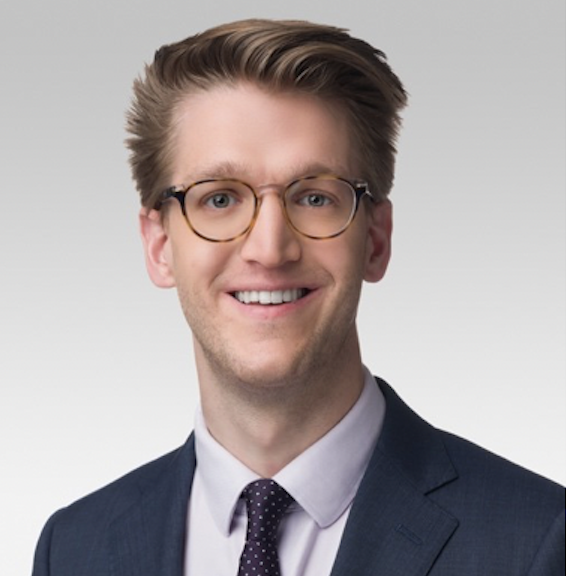 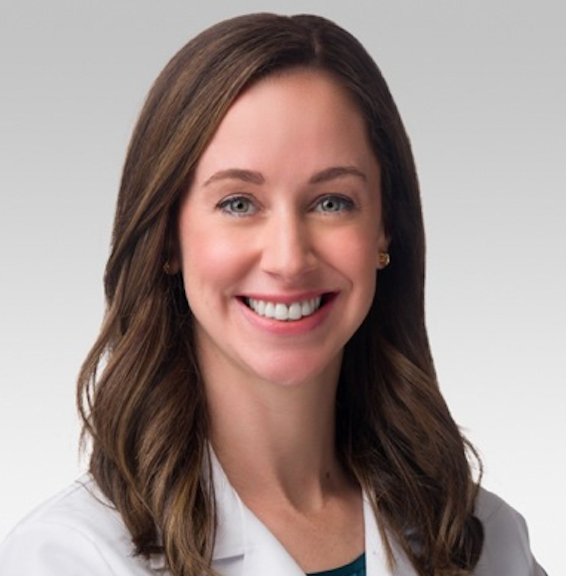
Timothy J. Rowe, MD; Kaitlyn M. Vitale, MD |
Massive hemoptysis is a high-risk, low-volume procedure which lacks dedicated training in nearly half of Pulmonary and Critical Care Medicine (PCCM) fellowship programs. High fidelity simulation is one strategy to increase exposure to management strategies for massive hemoptysis. Simulation-Based Mastery Learning (SBML) reduces variability in trainee skills after an educational intervention and allows for rigorous assessment of the impact on skill acquisition. We created a SBML curriculum for management of massive hemoptysis from segmental airway bleeding and will assess confidence and learner skill acquisition after our intervention. We propose this as a strategy to decrease variability in trainee confidence and competence in managing this important clinical emergency.
Session objectives:
At the conclusion of this session participants should be better able to:
1. Describe gaps in training for massive hemoptysis management in PCCM fellowship programs.
2. List strengths of interprofessional Simulation-Based Mastery Learning and Rapid-Cycle Deliberate Practice and their role in high-fidelity simulation.
3. Explain the role of a validated assessment of trainee competence in massive hemoptysis management.
|
11:45 AM - 11:55 AM (PST)
Update on 2021 APCCMPD, CHEST and ATS Education Research Award
Bronchoscopy Assessment in Pulmonary and Critical Care Fellows
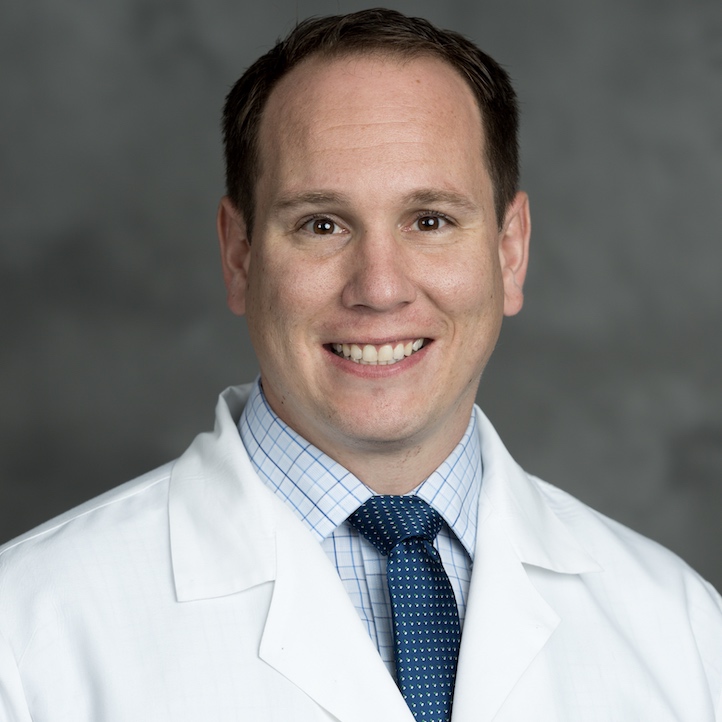
Dru Claar, MD
|
Procedural competency in bronchoscopy is a core training requirement for Pulmonary and Critical Care Medicine (PCCM) fellowship programs. Despite broader shifts to competency-based education within graduate medical education, current bronchoscopy training recommendations remain volume-based, and competency is determined at the discretion of the Program Director. Furthermore, there is no current gold standard for the assessment of competency in bronchoscopy. To address existing gaps in PCCM fellowship competency-based education, we proposed a project utilizing and validating the System for Improving and Measuring Procedural Learning or SIMPL tool, a smart phone-based tool previously developed for operative assessment, in the assessment of bronchoscopy. This session will provide an interim update on the project and review preliminary data and findings.
Session objective:
At the conclusion of this session participants should be better able to:
1. Outline the proposal for the initial validation and longitudinal observational study of the SIMPL tool for bronchoscopy assessment in PCCM trainees and review preliminary data and findings. |
12:00 PM - 12:10 PM (PST)
Update on the 2023 APCCMPD In-service Exam
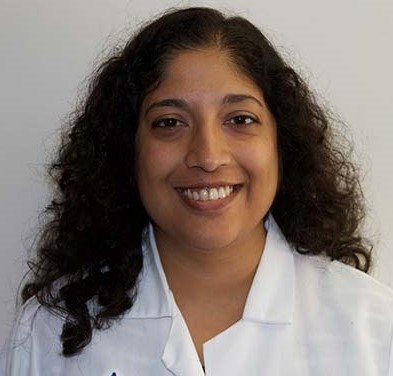
Paru Patrawalla, MD |
This year the APCCMPD is delivering the APCCMPD In-service Exam on a new testing platform. This new testing platform preserves our high standards for exam development and evaluation, streamlines registration, provides a reliable testing platform and more robust score and data reports.
Session objectives:
At the conclusion of this session participants should be better able to:
1. Hear the new process for the APCCMPD In-service Exam administration.
2. Assess the new score and data reports available. |
12:10 PM - 12:15 PM (PST)
Rapid Poster Presentations
Moderator

Geneva Tatem, MD |
Melissa R. Jordan, MD
University of Alabama Heersink School of Medicine
A Track for Trachs: Implementation of a Formal Curriculum, Checklist and Feedback Protocol in Trainees Performing Percutaneous Tracheostomy at a Tertiary Academic Center
|
12:15 PM - 12:20 PM (PST)
Closing Remarks

Geneva Tatem, MD |
|
Thursday, March 9, 2023: Program Coordinator Workshop
All Times are in PACIFIC Time Zone
PROGRAM COORDINATOR WORKSHOP SESSIONS // THURSDAY, MARCH 9, 2023
|
| SESSION TIME / TITLE |
SESSION DESCRIPTION |
8:00 AM - 10:45 AM (PST)
Same Morning General Sessions as Above
|
|
10:45 AM - 11:15 AM (PST)
Welcome and Introduction of the Planning Committee
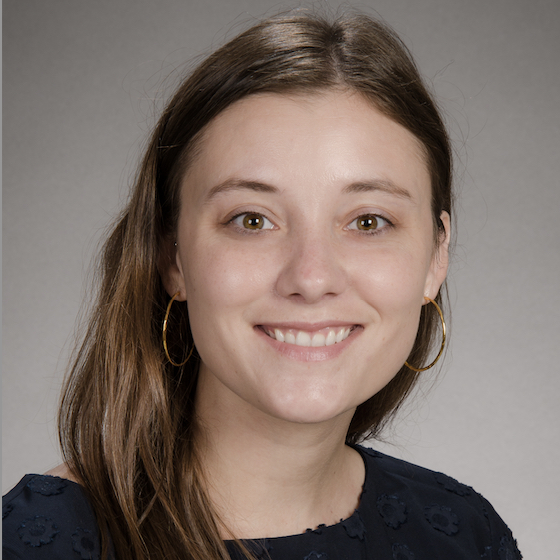
Kelli Alderman |
|
11:15 AM - 11:45 AM (PST)
Professional Development
Career Growth: What is Beyond the Program Coordinator Role and How to Enhance your Resume
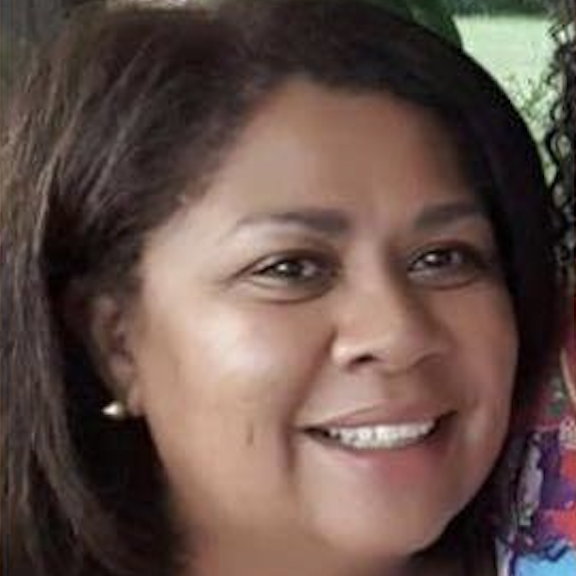
Nicolia A. Grierson
|
This session will discuss how to better understand and manage the day-to-day administrative functions of the fellowship program. Career management is a priority and a huge motivating factor.
Session objectives:
At the conclusion of this session participants should be better able to:
1. Understand the different roles of the coordinator.
2. Describe different growth techniques in supporting yourself and your program.
|
11:45 AM - 12:15 PM (PST)
Recognizing Signs of Burnout and How To Address It
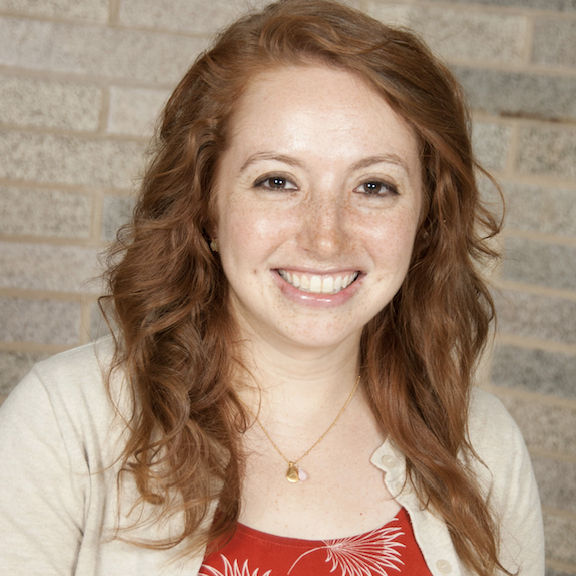
Rachel Potter, LCSW |
Although burnout may start at work, it can impact all areas of your life. This session will help you to prepare for periods of high stress, recognize the warning signs that you are heading for burnout, and provide some helpful tips and strategies to navigate and recover from burnout.
Session objectives:
At the conclusion of this session participants should be better able to:
1. Recognize warning signs for burnout.
2. Apply tips for navigating burnout and periods of high stress.
3. Discuss strategies to prepare for periods of high stress without burning out.
|
1:15 PM - 2:00 PM (PST)
Program Evaluation Committee (PEC) / Annual Program Evaluation (APE)
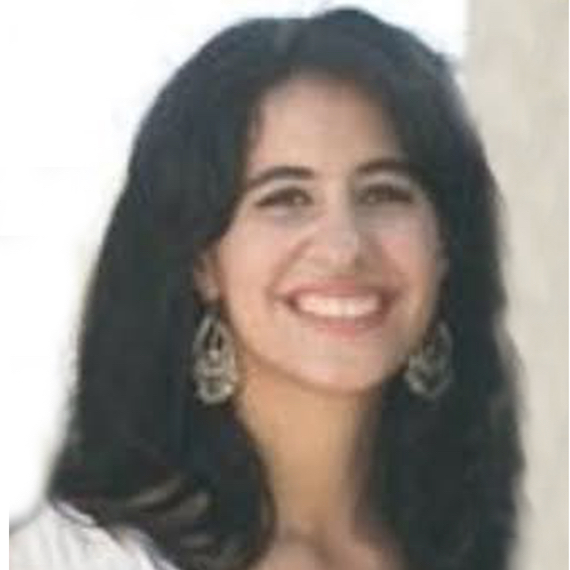
Emilia N. Faraj |
ACGME requires for all programs to have a formal and systematic approach to the program's curriculum planning and evaluation at least annually. This will improve your program's quality. We will review requirements and the program coordinator's role into making these meetings a success and effective to the program's development.
Session objectives:
At the conclusion of this session participants should be better able to:
1. Interpret PEC and APE requirements for ACGME programs.
2. Recognize the Program Coordinator's role in PEC and APE.
3. Apply tips & tricks for efficient meetings.
|
2:00 PM - 3:30 PM (PST)
How Do I Handle This? Scenario Based Problem Solving in the Program Coordinator Role
 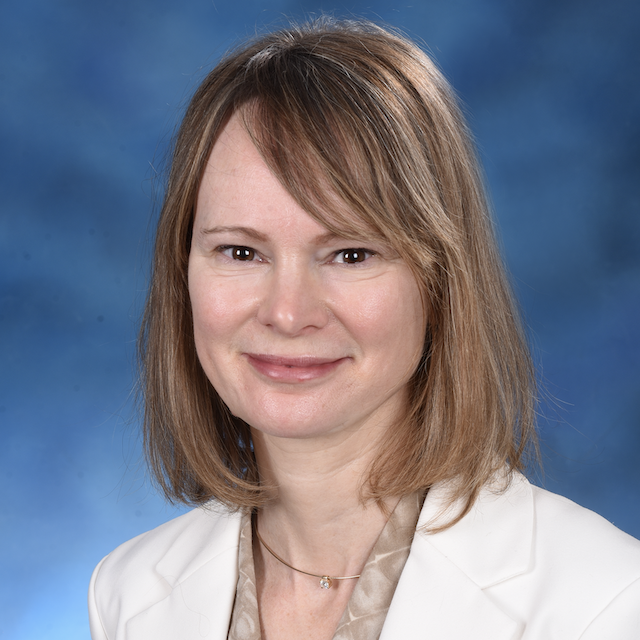
Kelli Alderman, Suzanne Ventura, MSW |
Participants will work in small groups to discuss scenario-based problems encountered in the program coordinator role. The purpose of the session is to share strategies and ideas to address common program challenges, with the goal of identifying best practices and innovative solutions.
Session objectives:
At the conclusion of this session participants should be better able to:
1. Gain insight into how program coordinators from different institutions address and solve problems at the program level.
2. Develop strategies and innovative solutions to address programmatic challenges.
|
3:50 PM - 4:35 PM (PST)
Clinical Competency Committee/Milestones
 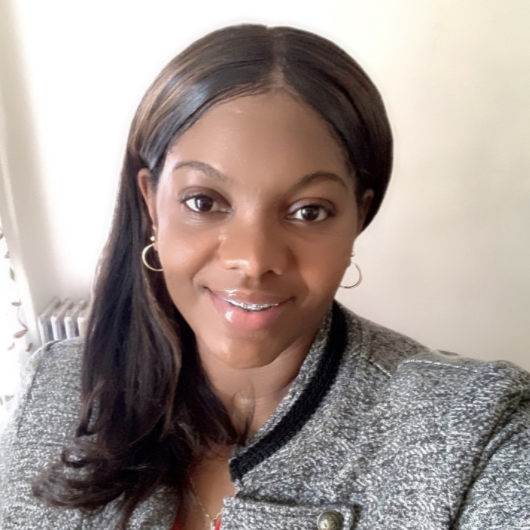
Emilia N. Faraj, Alicia Brewster, MPA |
The Clinical Competency Committee (CCC) meets and milestones are discussed twice a year to measure fellows' progress in a gradual trajectory. They can also identify gaps in the program which can be developed into better learning opportunities for the fellows and are an essential tool in their education. This session will review requirements and help coordinators better understand the use of the software used to report the Milestones to ACGME and define them.
Session objective:
At the conclusion of this session participants should be better able to:
1. Define CCC and Milestones requirements for ACGME programs.
2. Discuss different education management software tools.
3. Recognize the Program Coordinator's role in CCC.
4. Assess how New Innovations helps with the ACGME milestones reporting process.
|
4:35 PM - 4:55 PM (PST)
Award Recognition and Closing Remarks

Kelli Alderman
|
Award Recognition
2023 APCCMPD Award for Innovative Fellowship Program Administration
Utilizing a New Customizable Scoring Tool to Recruit and Select Pulmonary/Critical Care Fellows
Jessica Ratcliffe, MBA, C-TAGME
|
|


















































